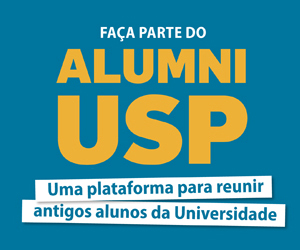JOURNAL CLUB DO DEPARTAMENTO DE FÍSICA DOS MATERIAIS E MECÂNICA
Nesta semana o pós-graduando, Luiz Henrique de Melo dos Santos, do Grupo Teórico de Materiais, apresentará o artigo: “Assessing Carbon-Based Anodes for Lithium-Ion Batteries: A Universal Description of Charge-Transfer Binding” – Liu, Yuanyue et al. - DOI: 10.1103/PhysRevLett.113.028304
Dia: 14 de junho, quarta-feira, às 12h10.
Local: Sala de Seminários José Roberto Leite Ed. Alessandro Volta (bloco C) – Sala 110, IFUSP.
Abstract:
Many key performance characteristics of carbon-based lithium-ion battery anodes are largely determined by the strength of binding between lithium (Li) and sp 2 carbon (C), which can vary significantly with subtle changes in substrate structure, chemistry, and morphology. Here, we use density functional theory calculations to investigate the interactions of Li with a wide variety of sp 2 C substrates, including pristine, defective, and strained graphene, planar C clusters, nanotubes, C edges, and multilayer stacks. In almost all cases, we find a universal linear relation between the Li-C binding energy and the work required to fill previously unoccupied electronic states within the substrate. This suggests that Li capacity is predominantly determined by two key factors—namely, intrinsic quantum capacitance limitations and the absolute placement of the Fermi level. This simple descriptor allows for straightforward prediction of the Li-C binding energy and related battery characteristics in candidate C materials based solely on the substrate electronic structure. It further suggests specific guidelines for designing more effective C-based anodes. The method should be broadly applicable to charge-transfer adsorption on planar substrates, and provides a phenomenological connection to established principles in supercapacitor and catalyst design.













